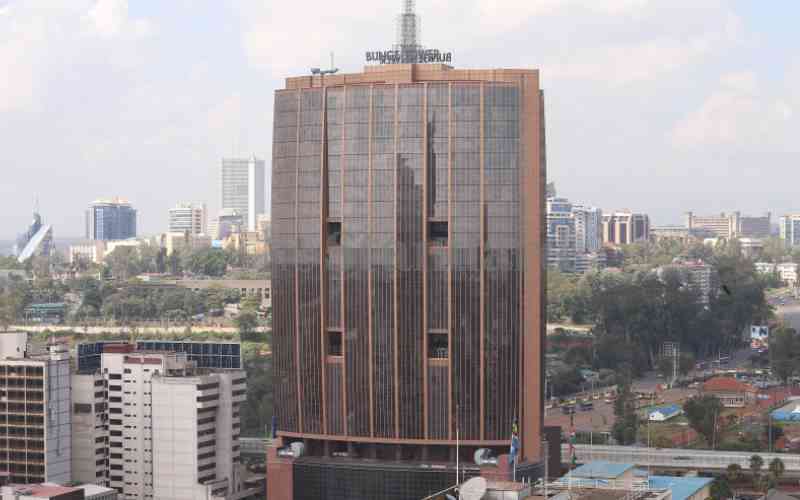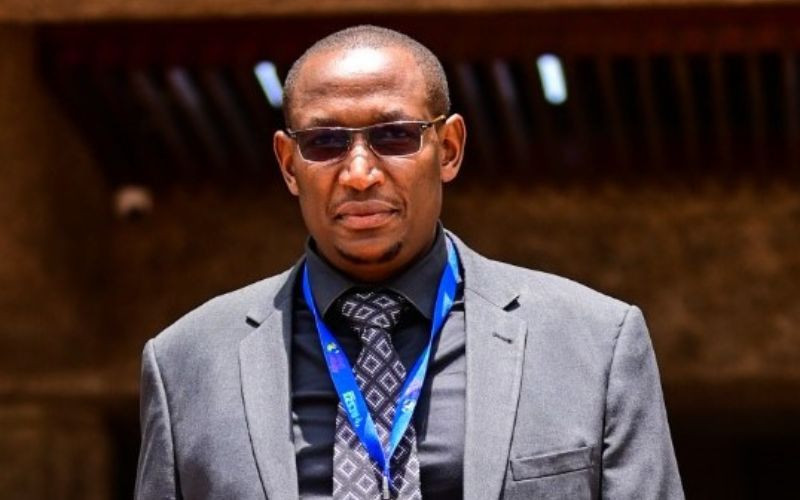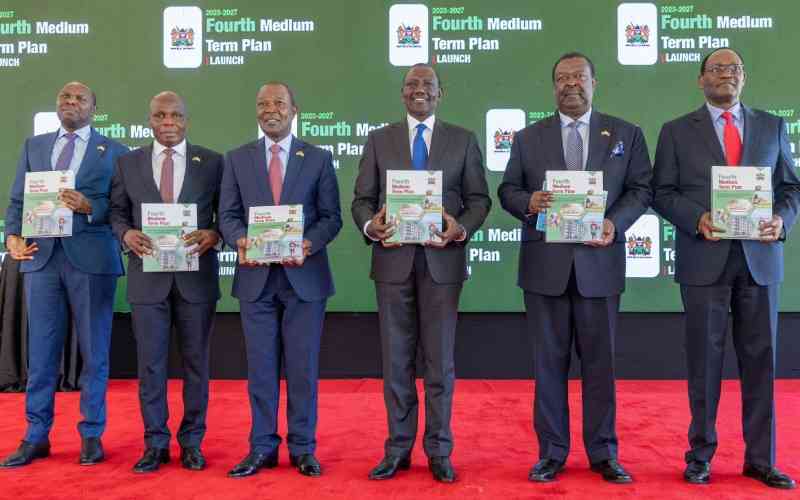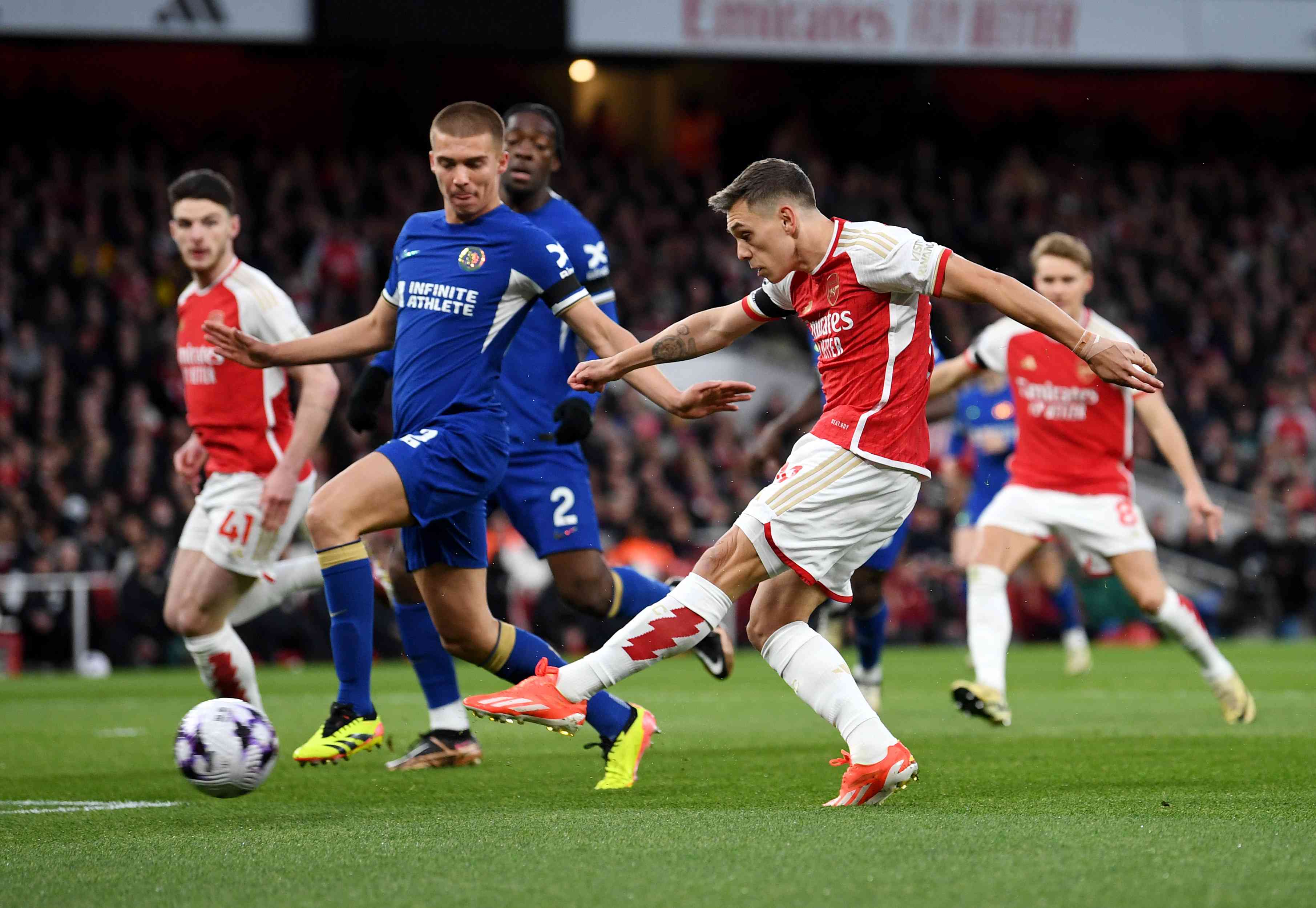International Criminal Court (ICC) judges face tough choices on the way forward in President Uhuru Kenyatta’s crimes against humanity case following last week’s status conference.
At opposing ends are the requests to terminate the case (by the defence) and to postpone the trial indefinitely (by the prosecution). In the middle are the interests of the victims, a critical component of the Rome Statute.
In between, the two main requests for termination or indefinite adjournment are several other options, all variations of the first two.
The judges could make a finding of non-cooperation and refer Kenya to the Assembly of State Parties. They could order the prosecution to proceed with what they have (effectively asking them to withdraw) or they could demand an actual withdrawal.
Other possible options include the prosecution “temporarily” withdrawing the charges with prejudice to bringing the case back, postponement of the trial for a fixed period, conditional stay of proceedings or permanent stay of proceedings as demanded by defence earlier in the year.
The judges have already made it categorical that the case against the President has reached “a critical juncture.”
Final submissions
The conduct of the status conference— the requirement on the presence of the accused and allowing parties to make final submissions pointed to a “critical juncture” of the case. “A decision granting either request (indefinite adjournment or termination) would have profound implications and it is in that light that the chamber has required your attendance at this hearing,” Presiding Judge Kuniko Ozaki told Uhuru at the beginning of the conference.
According to lawyer Esther Waweru of Kenya Human Rights Commission, the unique situation obtaining in the case at the moment has placed the judges in a serious dilemma of two strong opposing sides with seemingly convincing arguments and hapless victims to mind.
She says whatever decision the judges eventually make will have a serious impact on the legacy of the court, which was founded over 10 years ago mindful of millions of children, women and men who had been victims of unimaginable atrocities that pricked conscience of humanity.
“I have no doubt that however they rule, they will have looked at the balance of the rights of the accused and plight of the victims,” Waweru, who has been observing the case, told The Standard on Sunday.
During the status conference, all the three judges appeared to place doubts on possibility of an indefinite postponement.
They did not sound convinced that there was any legal basis for an indefinite postponement in view of prosecution concession that submission of required evidence was no guarantee of a strong case. Further, the judges did not sound convinced on how such a postponement would sit well with the rights of the accused given the prosecution had equally conceded that the accused had not used his position to frustrate cooperation on the part of his government.
Judge Ozaki: Prosecution, I also note that at the status conference yesterday, you indicated that the prospect of obtaining sufficient evidence, even if the Kenyan government co-operates fully remains speculative. Could you identify any specific legal basis or jurisprudence to support your request for an indefinite adjournment?
Benjamin Gumpert, a prosecuting counsel, spoke of the unique situation in the case.
Stay informed. Subscribe to our newsletter
Mr Gumpert: Your Honour, I’m not going to provide either case law or specific powers within the Statute which in black and white terms give the chamber the power to make an indefinite adjournment. The court undoubtedly has the power to regulate its own proceedings and to do so taking into account the interests of justice and fairness to the parties.
Gumpert explained about the allegedly unique situation the prosecution had found itself on but Ozaki did not sound convinced in the long run.
 The Standard Group Plc is a
multi-media organization with investments in media platforms spanning newspaper
print operations, television, radio broadcasting, digital and online services. The
Standard Group is recognized as a leading multi-media house in Kenya with a key
influence in matters of national and international interest.
The Standard Group Plc is a
multi-media organization with investments in media platforms spanning newspaper
print operations, television, radio broadcasting, digital and online services. The
Standard Group is recognized as a leading multi-media house in Kenya with a key
influence in matters of national and international interest.
 The Standard Group Plc is a
multi-media organization with investments in media platforms spanning newspaper
print operations, television, radio broadcasting, digital and online services. The
Standard Group is recognized as a leading multi-media house in Kenya with a key
influence in matters of national and international interest.
The Standard Group Plc is a
multi-media organization with investments in media platforms spanning newspaper
print operations, television, radio broadcasting, digital and online services. The
Standard Group is recognized as a leading multi-media house in Kenya with a key
influence in matters of national and international interest.









